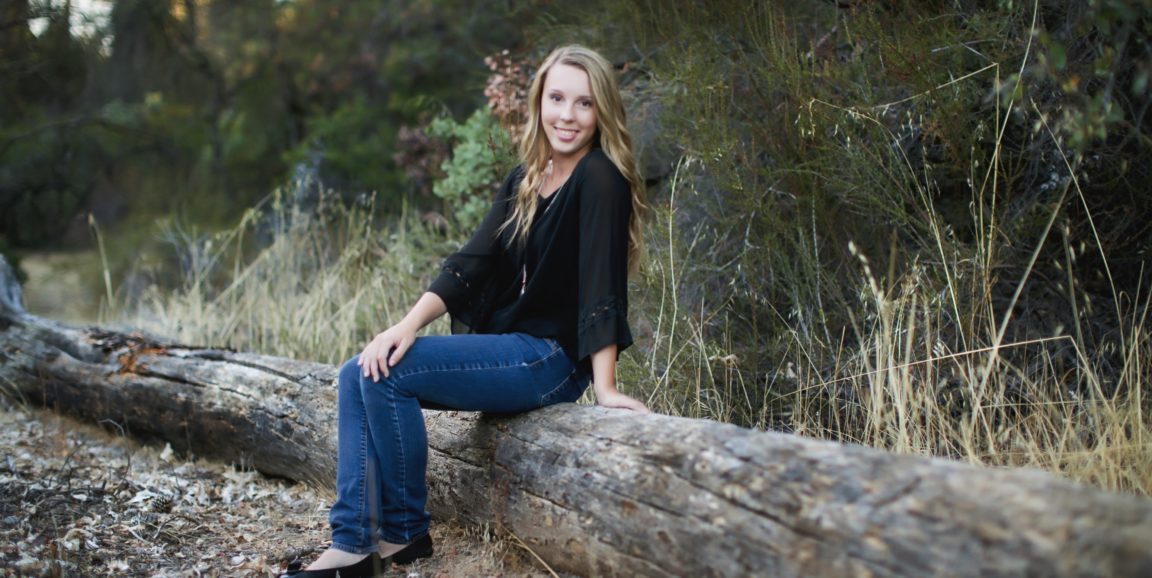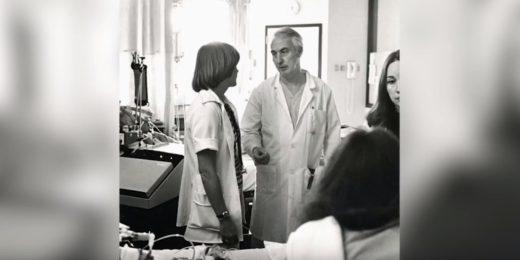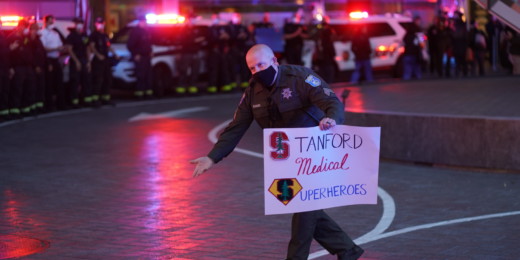In early February, Jordan Ackernecht was skiing Mount Shasta in Northern California when she felt out of breath.
It was her first time on the slopes, so she wasn't sure anything was wrong, but she went to a nearby hospital just in case. There, Ackernecht learned alarming news: She was experiencing heart failure.
When her symptoms worsened, her family drove her to Stanford Medicine for a medical opinion. Doctors here told her that she needed a heart transplant.
Ackernecht, 21, knew she'd had dilated cardiomyopathy since birth, but she had always been active, including swimming and participating in other sports. "We had never heard anything about a heart transplant or pacemaker, anything like that," she said. "It came as quite a shock."
As she waited at Stanford Hospital for a new heart, she suffered a stroke -- her heart was pumping so inefficiently that blood had coagulated inside it, forming a clot that traveled to her brain.
By March 13, Ackernecht's heart had deteriorated to the point that she was put on an extracorporeal membrane oxygenation machine to ensure enough oxygen flowed through her heart and lungs to keep her alive.
The following day, with coronavirus infections rising and shelter-in-place orders imminent, her family had to leave the hospital as a safety precaution.
A week later, on March 20, Ackernecht received a new heart. Though her nurses took good care of her and she was able to FaceTime with friends, she missed having her family by her side.
Her nurses and family members hatched a plan: a virtual get-together. Two days after the transplant, her parents and her aunt stood outside the hospital in view of her room, and Ackernecht walked to the window. As they held up signs saying "We [heart] you Jordan," a nurse captured the scene on video:
"It was really tough that I couldn't physically be with them," Ackernecht said. "But I was happy to see them outside."
Ackernecht left the hospital on April 2 and spent 11 days in a rehabilitation center to recover from the transplant and the stroke, which limited movement in her right arm. She's now staying in a Stanford apartment with her mother, undergoing physical and occupational therapy, until her physicians deem her well enough to return to her home in Redding, California.
There, she'll be careful to avoid becoming infected by the coronavirus -- she's especially vulnerable because her medications suppress her immune system. She'll also work on her degree in population health management from the Oregon Institute of Technology.
"I'm doing really well," Ackernecht said. "I'm starting to feel like myself again."
Photo by Heather Armstrong






